#TBT Real Bride: Ebony | Leighton DaCosta, Savannah Wedding Photographer
The finished shot!
Autumn 2010, a few months before her wedding, one of my brides, Ebony, decided to take part in a formal bridal dress session. I've always loved seeing large, fine art prints of brides. There was just something majestic and regal about it.
This was my first time working with the amazingly talented, Timothy Cabell, of Savannah, GA. Timothy is an award winning and internationally competitive Hair and Makeup Artist. The session took place at the SCAD stables, located just outside of Savannah on the South Carolina side of the border. My wonderful lighting assistant was Hair stylist and educator, Shameka LeCounte, of Jacksonville Florida. Dress and accessories provided by David's Bridal Savannah.
Timothy adds the finishing touches to Ebony's makeup
Behind the Scenes, Shameka holds the light above Ebony's head
Aquisha - Head Shot Session | Leighton DaCosta, Charleston Head Shot Photographer
What I learned about photographing fireworks | Leighton DaCosta, Charleston Photographer
Charleston Harbor July 4, 2016.
This is a 17 frame HDR Merge done in Adobe Lightroom.
I do not normally photograph fireworks, because I would rather just sit, watch, and enjoy them. This year for the Fourth of July, I was fortunate enough to have a great vantage point to watch the fireworks over most of the Charleston area. The one I came to watch, was the big one over the U.S.S. YORKTOWN, a retired, World War II Aircraft Carrier from the US Navy.
The fireworks were absolutely beautiful and I wanted to share a couple of things I learned that night for those wanting to do fireworks photography.
Straight out of camera Shot of the fireworks over Charleston Harbor
Known Knowns
Slow Shutter Speeds. When Photographing moving luminous objects, to give a sense of motion, you are going to want to use a slow shutter speed to better capture the trailing light. I know many who photograph around 1-5 second exposures. Because of the distance, and the width of the lens I was using that night, I was between 15-25 seconds in exposure time.
TRIPOD!!! Bring a tripod to give you the best stability when doing long exposures. Not only will it keep your camera stable, but it will allow you to take several images with identical frames that makes post production easier.
Mirror Up. While I had already planned on using the live view function on my Nikon D810, I knew that I was only going to use it for precision focusing. In my experience, when using long exposures over 15 seconds, the mirror slap in a DSLR can cause enough vibrations to cause motion blur in distant luminous objects like stars and fireworks. For ideal stillness, photograph using a laptop and a tether cable, so you do not have to touch the camera at all.
Known UNKNOWNS
- Lens Selection. When I first thought about about shooting the fireworks, I really wanted a wide perspective, so had all intent on using the Rokinon 14mm f/2.8 manual focus lens. I absolutely LOVE that lens. Something told me though, to bring my Nikon 24-70 f/2.8 lens; and it might have served me better to have brought my 70-200mm f/2.8 lens as well. due to the distance that I was photographing from. For future shoots, I plan on bringing something really wide, and something really tight, in addition to my intended lenses for an additional perspective.
Straight out of camera shot; you may not know when something may go off causing a little more light than expected.
UNKNOWN UNKNOWNS
- Wind and Weather. Wind and weather will play a part in which way your streams actually fall and how long the smoke stays around. With digital photography, you can do some immediate correction, but with film photography not as easy. I would advise carrying a simple point and shoot with manual functionality that can slow the shutter down enough to let you know what the wind and smoke are doing.
- Ambient/City Light. When photographing fireworks in the distance, you will have a disadvantage of having bright city lights in the background as well, which will compete with your fireworks. Consider adjusting your f/stop to reduce the highlights of the lights.
While there is much more that goes into capturing fireworks, these are just a few things that I took into consideration and wanted to share with you. I had a lot of fun and can't wait to do this again!
LD
Tips for Travel Photography While on Vacation | Leighton DaCosta Photographer
“The best camera to have on vacation is the one that is with you! Don’t get so caught up in getting the picture that you miss the experience. ”
The little touches add to the experience. Remember vacation is about relaxation, not work!
I often get asked one of two questions:
- What kind of camera should I buy/bring while on vacation?
- How do I take great shots while I'm on vacation?
1. What camera should you buy/bring.
Well here's the truth. The best camera for vacation is the camera that you have with you. Honestly, that could be your iPhone, a point and shoot, or even a high end DSLR. The actual camera doesn't matter as much as the experience that you are enjoying while you are on your vacation.
For ME that breaks down into two categories. Quality and Functionality. When it comes to quality, MOST digital cameras on the market today will give you GREAT images. So really, I look for functional differences.
These are the things that I would look for.
- Easy for me to carry around (accessible)
- Can fit in a pocket or a small bag (size)
- Can get banged around and wet (durability)
- If lost/stolen, it's not the end of the world (affordability)
For point and shoot cameras, my two recommendations are the Nikon AW130 and the Fuji Finepix XP90 which are both under $500 and will give great images. They can even go underwater. For those that want a little more control, and willing to invest a little more, look at that Nikon AW1 Series. These are just my suggestions based on what is on the market at the time of this post.
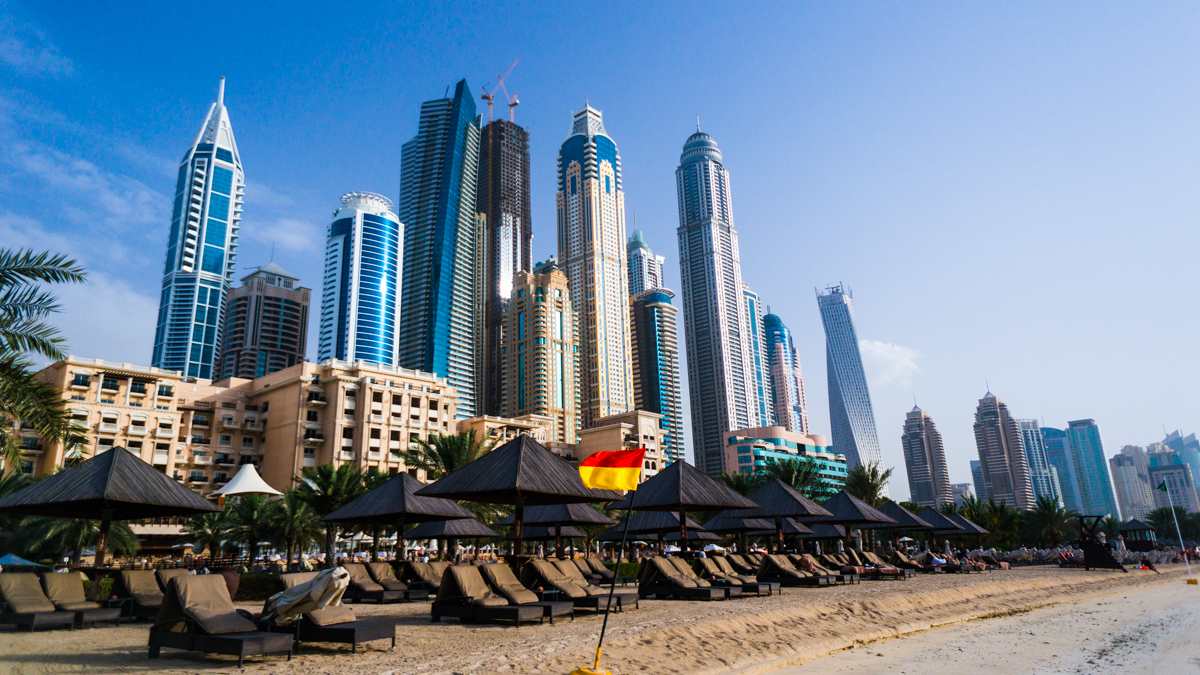
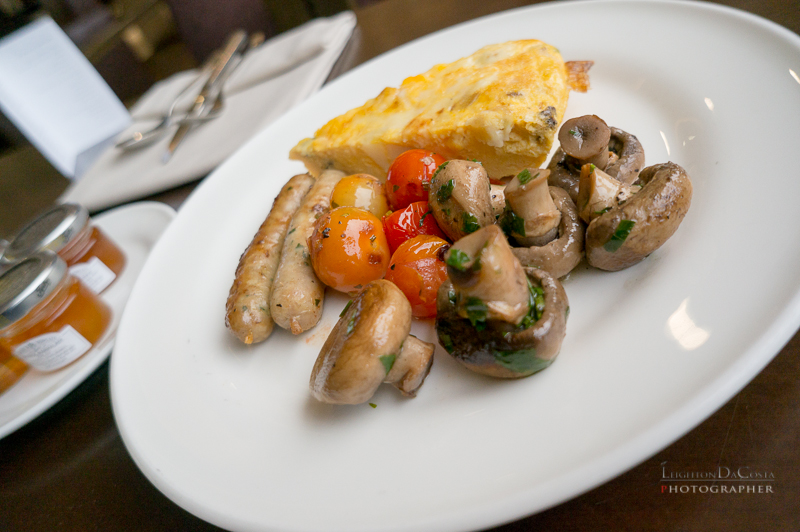
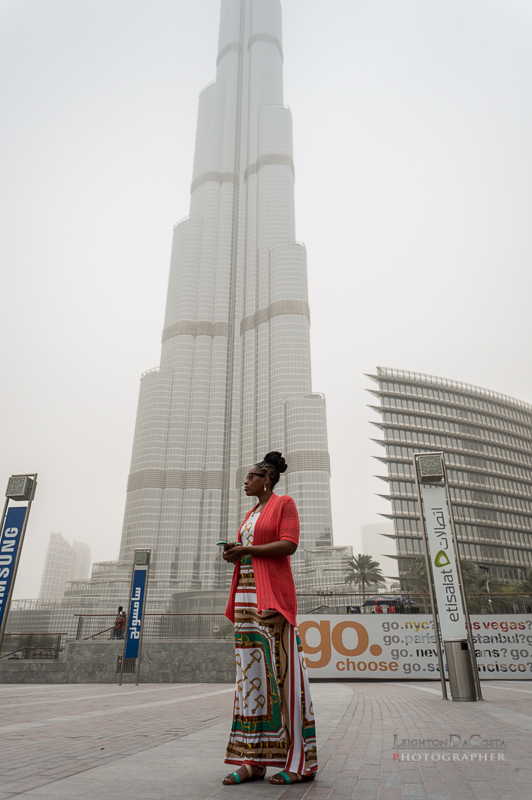
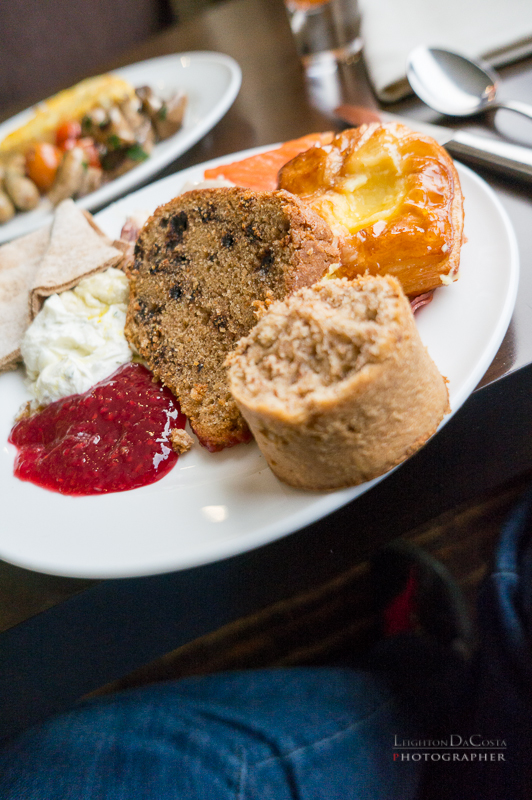
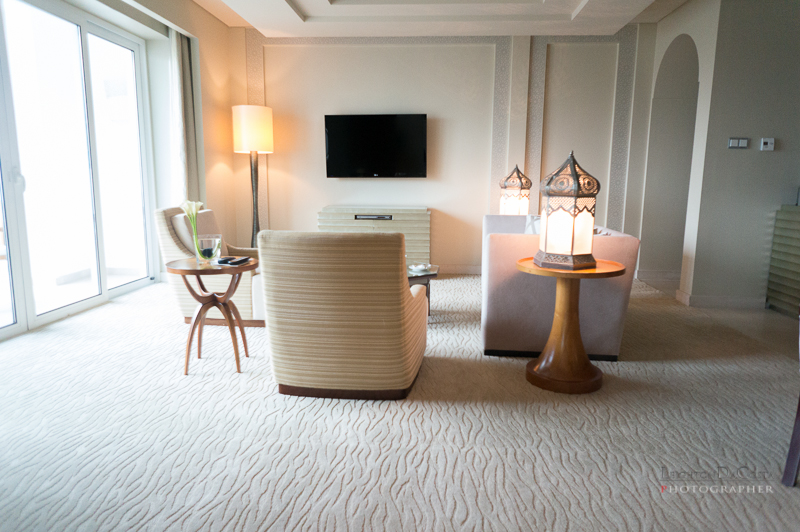
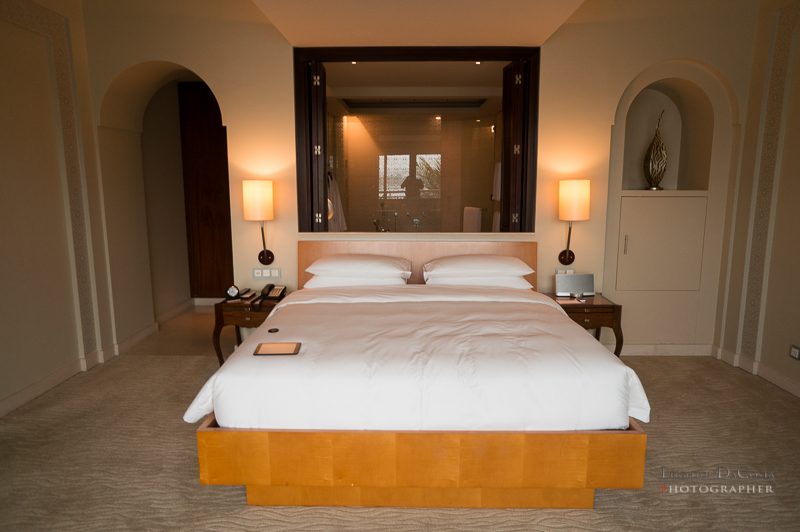
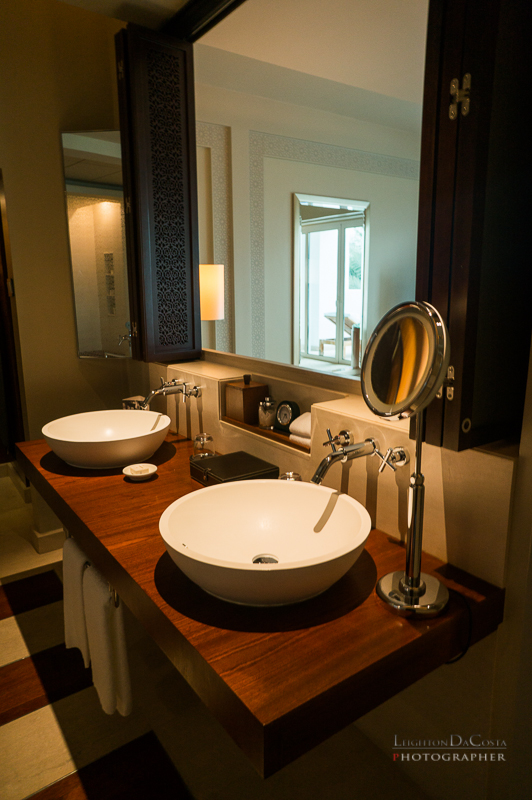
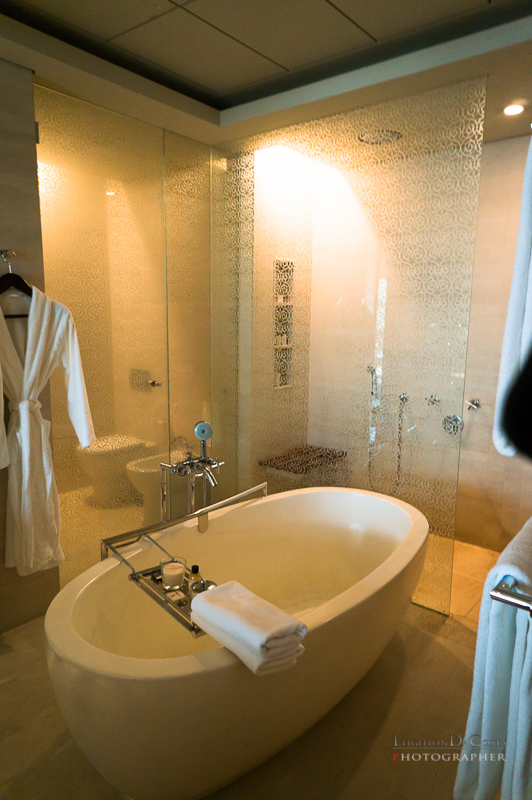
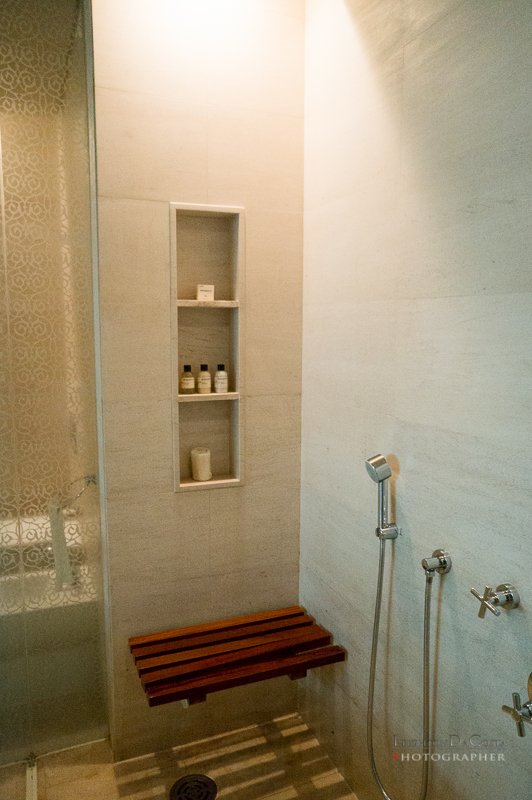
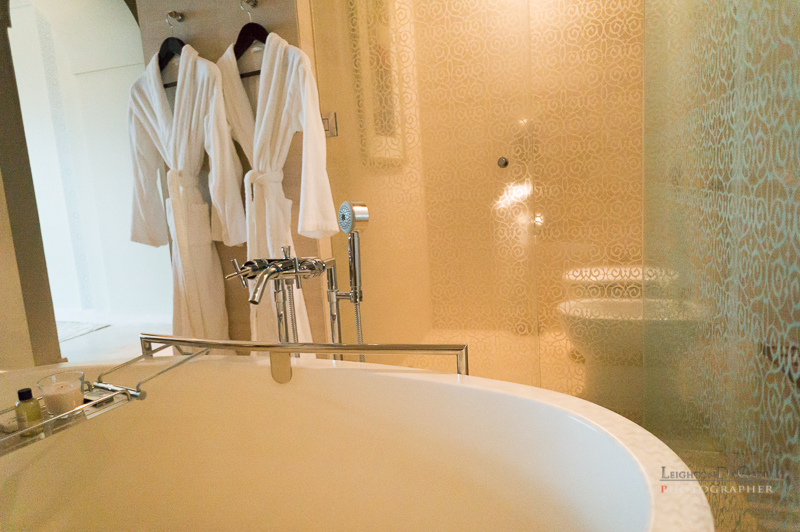
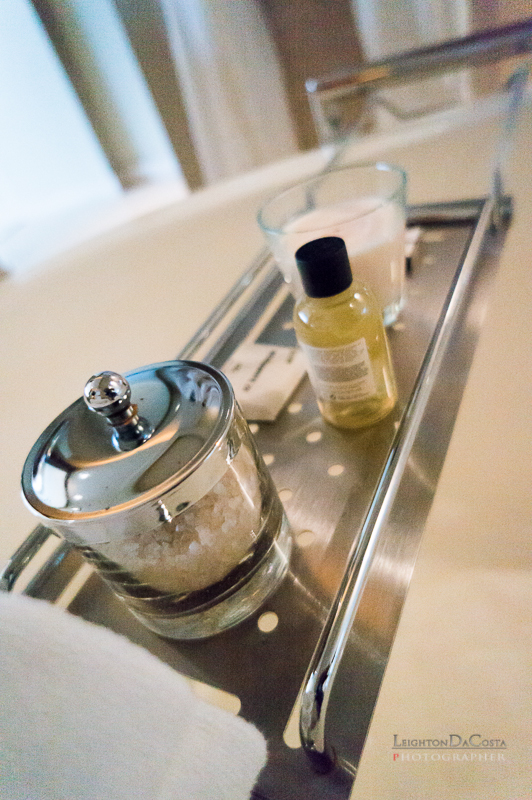
2. How to take better photos.
The above images (unedited) were taken in Dubai with a SONY NEX-6, now replaced with the PHENOMENAL SONY a6300. These photos are pretty much the same photos I took, straight out of camera. Most are done with a 16mm f/2.8 or the 50mm f/1.8 E-Mount Lens. When it comes to to travel photos on vacation, here are some tips.
- EXPERIENCE FIRST, PHOTOS SECOND. Remember it's best to have an experience to remember and then a photo to bring you back to THAT memory.
- Pay attention to your lighting. Some times of day are far better than others. Morning skies in most places of the world, have more clouds than evening sky. The clouds can provide a dynamic contrast to your subject(s). When photographing food, I prefer for my lighting to be coming slightly from behind so that I can see shadows to the front and give the food a more appealing texture.
- Go to extremes. I prefer very wide, or very tight. so usually I am photographing with a wide lens like a 16mm or something that has a tighter perspective or can give a macro effect.
#BONUS when possible, with outdoor shots, consider using a Circular Polarizer Filter on your lenses to reduce glare and reflections.
One last thing. Remember HAVE FUN! You're on vacation...not work!
LD











